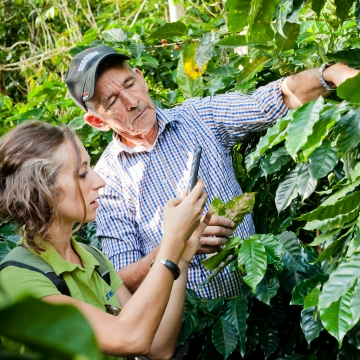
EfD-CA researchers Francisco Alpizar and Laura Villalobos presented @ EAERE 2016
This past June, EfD Central America researchers Laura Villalobos and Francisco Alpizar presented at the European Association of Environmental and Resource Economists 22nd Annual Conference in Zurich…


